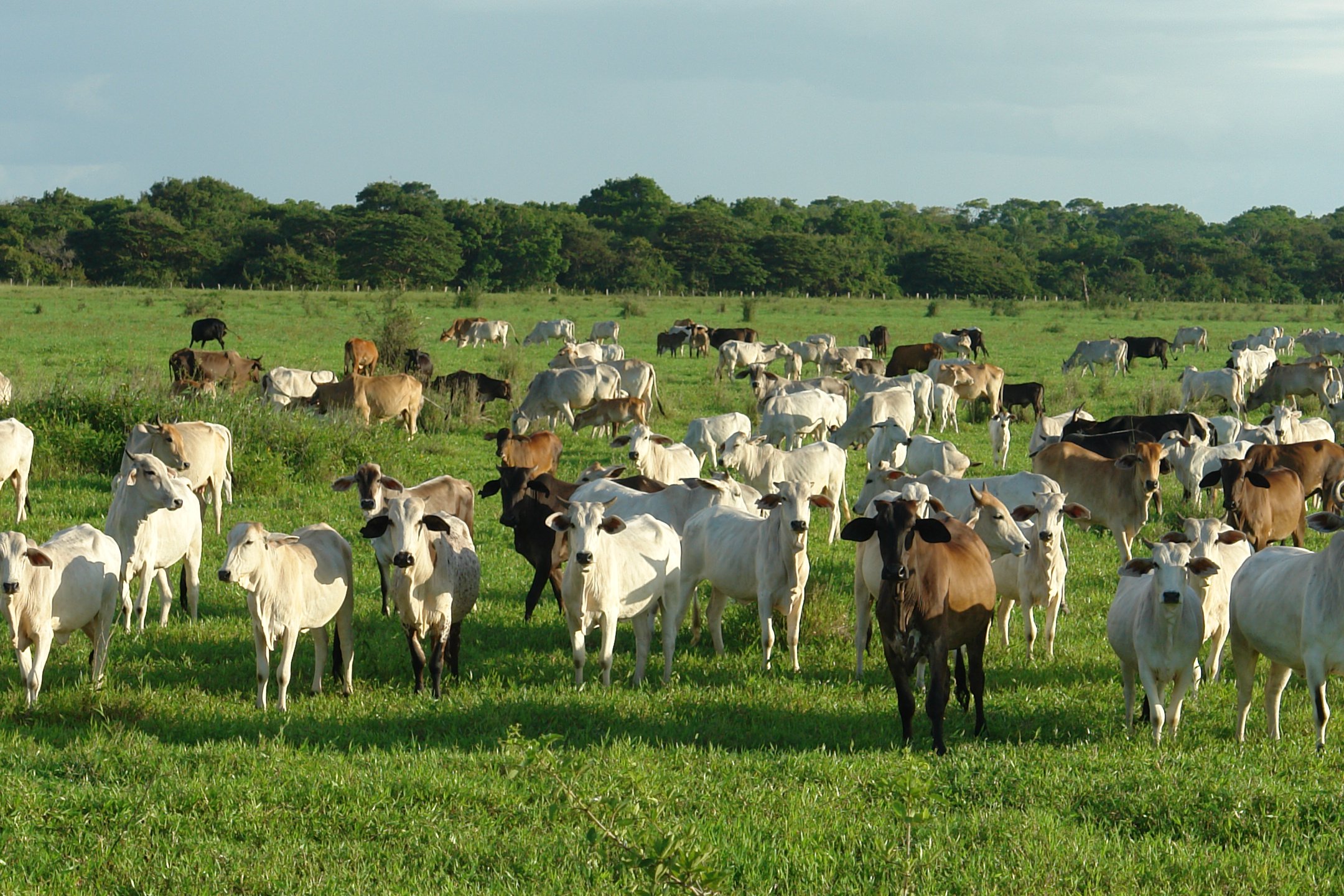1
Und dies sind die Geschlechter Esaus, das ist Edom.
2
Esau nahm seine Weiber von den Töchtern Kanaans: Ada, die Tochter Elons, des Hethiters, und Oholibama, die Tochter Anas, der Tochter Zibeons, des Hewiters,
3
und Basmath, die Tochter Ismaels, die Schwester Nebajoths.
4
Und Ada gebar dem Esau Eliphas, und Basmath gebar Reghuel.
5
Und Oholibama gebar Jeghusch und Jaghlam und Korach. Das sind die Söhne Esaus, welche ihm im Lande Kanaan geboren wurden.
6
Und Esau nahm seine Weiber und seine Söhne und seine Töchter und alle Seelen seines Hauses, und seine Herden und all sein Vieh und all sein Besitztum, das er im Lande Kanaan erworben hatte, und zog in ein Land, von seinem Bruder Jakob hinweg.
7
Denn ihre Habe war zu groß, daß sie hätten beieinander wohnen können, und das Land ihres Aufenthaltes vermochte sie nicht zu tragen wegen ihrer Herden.
8
Und Esau wohnte auf dem Gebirge Seir. Esau, das ist Edom.
9
Und dies sind die Geschlechter Esaus, des Vaters von Edom, auf dem Gebirge Seir.
10
Dies sind die Namen der Söhne Esaus: Eliphas, der Sohn Adas, des Weibes Esaus; Reghuel, der Sohn Basmaths, des Weibes Esaus.
11
Und die Söhne des Eliphas waren: Teman, Omar, Zepho und Gaetam und Kenas.
12
Und Timna war das Kebsweib des Eliphas, des Sohnes Esaus, und sie gebar dem Eliphas Amalek. Das sind die Söhne Adas, des Weibes Esaus.
13
Und dies sind die Söhne Reghuels: Nachath und Serach, Schamma und Missa. Das waren die Söhne Basmaths, des Weibes Esaus.
14
Und dies waren die Söhne Oholibamas, der Tochter Anas, der Tochter Zibeons, des Weibes Esaus: sie gebar dem Esau Jeghusch, Jaghlam und Korach.
15
Dies sind die Fürsten der Söhne Esaus: Die Söhne Eliphas', des Erstgeborenen Esaus: der Fürst Teman, der Fürst Omar, der Fürst Zepho, der Fürst Kenas,
16
der Fürst Korach, der Fürst Gaetam, der Fürst Amalek. Das sind die Fürsten des Eliphas im Lande Edom; das sind die Söhne Adas.
17
Und dies sind die Söhne Reghuels, des Sohnes Esaus: der Fürst Nachath, der Fürst Serach, der Fürst Schamma, der Fürst Missa. Das sind die Fürsten des Reghuel im Lande Edom; das sind die Söhne Basmaths, des Weibes Esaus.
18
Und dies sind die Söhne Oholibamas, des Weibes Esaus: der Fürst Jeghusch, der Fürst Jaghlam, der Fürst Korach. Das sind die Fürsten Oholibamas, der Tochter Anas, des Weibes Esaus.
19
Das sind die Söhne Esaus und das ihre Fürsten; das ist Edom.
20
Das sind die Söhne Seirs, des Horiters, die Bewohner des Landes: Lotan und Schobal und Zibeon und Ana und Dischon und Ezer und Dischan.
21
Das sind die Fürsten der Horiter, der Söhne Seirs, im Lande Edom.
22
Und die Söhne Lotans waren: Hori und Hemam, und die Schwester Lotans: Timna.
23
Und dies sind die Söhne Schobals: Alwan und Manachath und Ebal, Schepho und Onam.
24
Und dies sind die Söhne Zibeons: Aja und Ana. Das ist der Ana, welcher die warmen Quellen in der Wüste fand, als er die Esel Zibeons, seines Vaters, weidete.
25
Und dies sind die Söhne Anas: Dischon, und Oholibama, die Tochter Anas.
26
Und dies sind die Söhne Dischons: Hemdan und Eschban und Jithran und Keran.
27
Dies sind die Söhne Ezers: Bilhan und Saawan und Akan.
28
Dies sind die Söhne Dischans: Uz und Aran.
29
Dies sind die Fürsten der Horiter: der Fürst Lotan, der Fürst Schobal, der Fürst Zibeon, der Fürst Ana,
30
der Fürst Dischon, der Fürst Ezer, der Fürst Dischan. Das sind die Fürsten der Horiter, nach ihren Fürsten im Lande Seir.
31
Und dies sind die Könige, die im Lande Edom regiert haben, ehe ein König über die Kinder Israel regierte:
32
Bela, der Sohn Beors, wurde König in Edom, und der Name seiner Stadt war Dinhaba.
33
Und Bela starb; und es ward König an seiner Statt Jobab, der Sohn Serachs, aus Bozra.
34
Und Jobab starb; und es ward König an seiner Statt Huscham, aus dem Lande der Temaniter.
35
Und Huscham starb; und es ward König an seiner Statt Hadad, der Sohn Bedads, welcher Midian schlug im Gefilde Moabs; und der Name seiner Stadt war Awith.
36
Und Hadad starb; und es ward König an seiner Statt Samla aus Masreka.
37
Und Samla starb; und es ward König an seiner Statt Saul aus Rechoboth am Strome.
38
Und Saul starb, und es ward König an seiner Statt Baal-Hanan, der Sohn Akbors.
39
Und Baal-Hanan, der Sohn Akbors, starb; und es ward König an seiner Statt Hadar; und der Name seiner Stadt war Paghu, und der Name seines Weibes Mehetabeel, die Tochter Matreds, der Tochter Mesahabs.
40
Und dies sind die Namen der Fürsten Esaus, nach ihren Familien, nach ihren Ortschaften, mit ihren Namen: der Fürst Timna, der Fürst Alwa, der Fürst Jetheth,
41
der Fürst Oholibama, der Fürst Ela, der Fürst Pinon,
42
der Fürst Kenas, der Fürst Teman, der Fürst Mibzar,
43
der Fürst Magdiel, der Fürst Iram. Das sind die Fürsten von Edom nach ihren Wohnsitzen, im Lande ihres Eigentums. Das ist Esau, der Vater Edoms.







